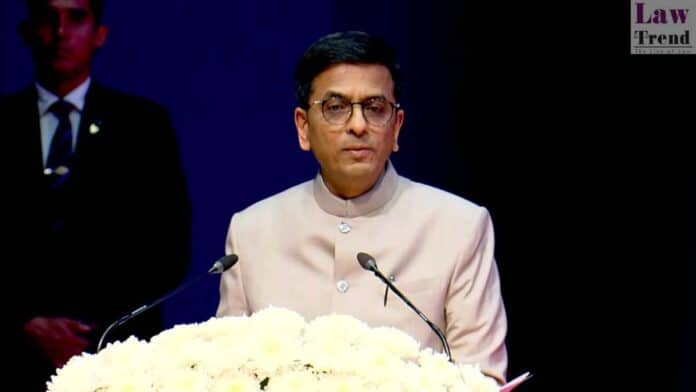In a recent statement, former Chief Justice DY Chandrachud addressed the criticisms surrounding the landmark Ayodhya verdict. Speaking at the Times Network India Economic Conclave, Chandrachud responded to comments made by Justice Rohinton Nariman, who had previously labeled the decision as a “mockery of justice.”
Justice Chandrachud emphasized that many critics have not fully read the detailed judgment, which spans over a thousand pages. He explained that as a part of the bench that delivered the verdict, it was not his role to defend or criticize the decision post-judgment. “Once a judge is part of a decision, it becomes public property, and it’s for others to discuss,” he said.
Addressing Nariman’s criticisms about the lack of emphasis on secularism in the verdict, Chandrachud argued that such criticisms underscore the vibrant nature of secularism in India. He highlighted that the principle of secularism includes the freedom of conscience, which Justice Nariman exercised through his critique.
“This fact that there are people in our society who express such views reminds us that secularism is alive in the country. I do not want to defend the decision because it’s clear that I can’t defend my decision,” Chandrachud added, emphasizing the collective responsibility of the five judges on the panel and their firm commitment to the arguments presented.
Chandrachud further noted that courts decide on issues currently facing the nation and that citizens have the right to criticize, discuss, and comment, which is an integral part of the democratic process. “These are perceptions, and there will be many more. The final word will belong to the Supreme Court,” he concluded.
Justice Nariman had criticized the Supreme Court’s 2019 decision on the Ram Janmabhoomi-Babri Masjid case, stating it failed to adequately address secular principles and deemed the mosque’s demolition illegal yet awarded the disputed land in a manner he disagreed with.




